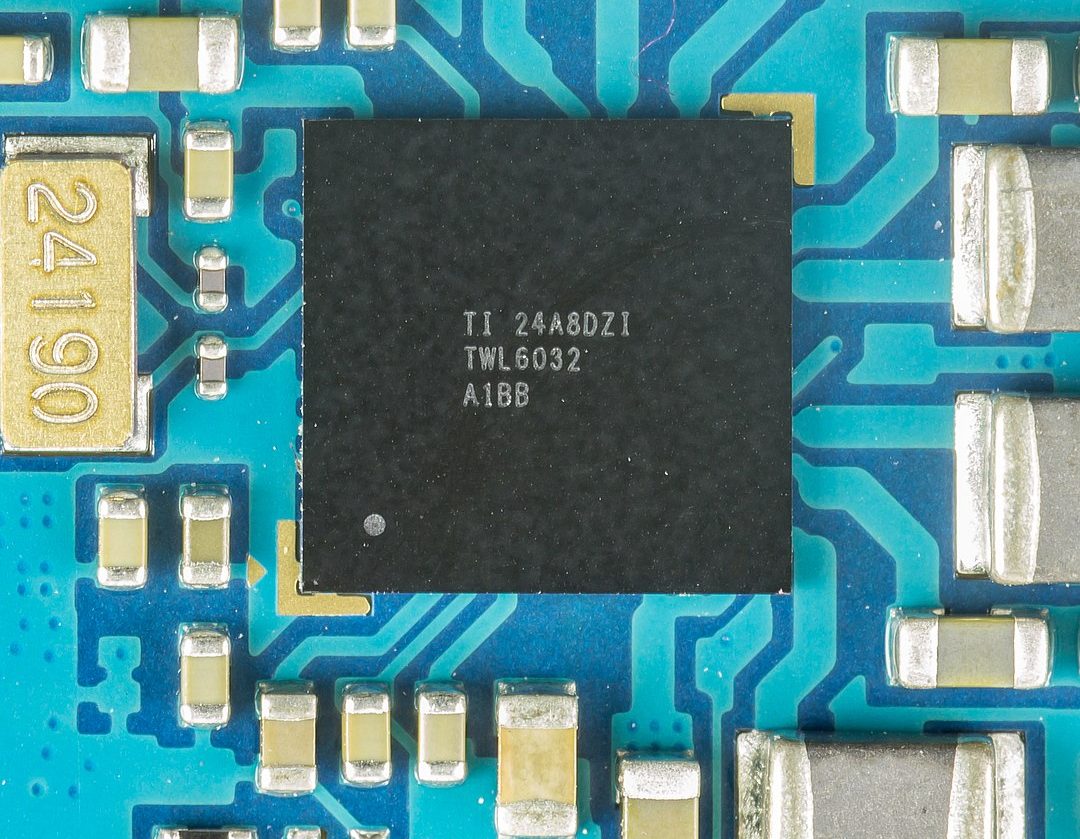Asian chipmakers rush to meet global shortage

The Asian semiconductor manufacturers are rushing to expand their production capacity to meet the global chip shortage that has been the cause of global motor industry cuts in their production lines.
General Motors to Stellantis and Honda Motor are shutting down assembly lines due to the shortages.
According to Reuters, some cases have been worsened by the former US administration’s sanctions against Chinese chip factories. Some firms have also furloughed staff.
The 8-inch chip manufacturing plants are owned mostly by Asian firms, which tend to make older, less sophisticated chips, are under strain due to underinvestment in recent years.
In China, consumer demands, particularly for cars, took a massive step back due to the coronavirus pandemic.
“We are under great pressure now,” said Zhao Haijun, co-CEO of China’s top chipmaker Semiconductor Manufacturing International Corp, which last week announced plans to expand capacity by 45,000 wafers per month at its eight-inch fabrication plant this year.
“We basically have at least one video conference a day with a customer on how we can increase capacity, what adjustments we can make on products,” Zhao said.
TSMC, the world’s top contract chipmaker, said it was “expediting” auto-related products through its wafer fabs and reallocating wafer capacity and now expects to lift capital spending on the production and development of advanced chips to between $25-28bn (roughly R373,260,500,000 to R418,051,760,000) this year, as much as 60% higher than the amount it spent in 2020.
United Microelectronics Corp (UMC), another Taiwanese chipmaker, plans to spend $1.5bn (roughly R22,395,630,000) on new equipment this year, up 50% from $1bn (roughly R14,947,900,000) last year, it said.
South Korea’s SK Hynix, the world’s No 2 memory chip maker, said it was speeding up plans to relocate its 8-inch facilities to China to reduce costs. The company wants the relocation to happen soon rather than over a planned two-year period.
Renesas Electronics Corp is in talks to buy Anglo-German chip designer Dialog Semiconductor. The Japanese chipmaker looks to take advantage of the growing demand for automotive chips.
The shortages and surging demand has put pressure on prices. UMC expects overall chip prices to rise 4-6% this year due to supply constraints set to last for another few quarters, while Renesas has been negotiating for a 15% increase on auto chips and between 10% to 20% for other chips.







